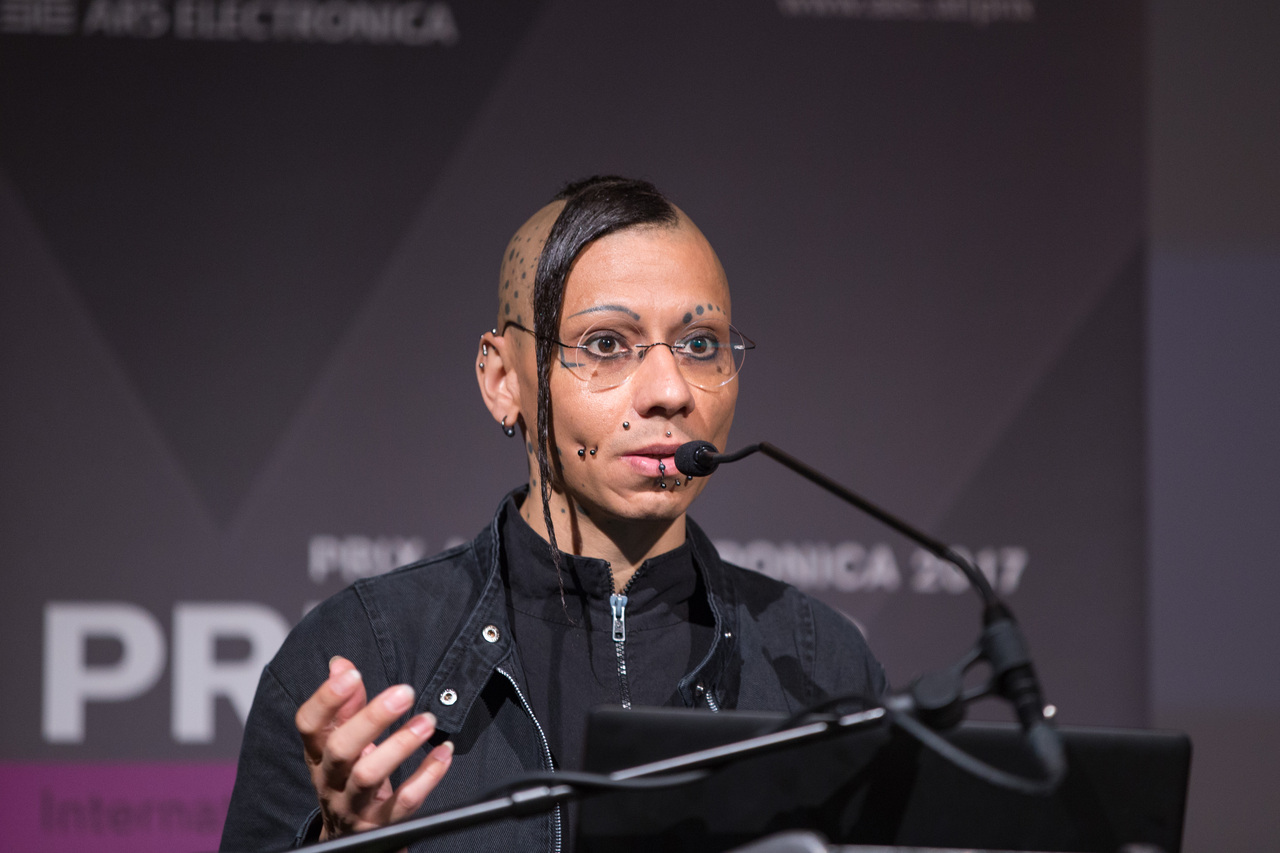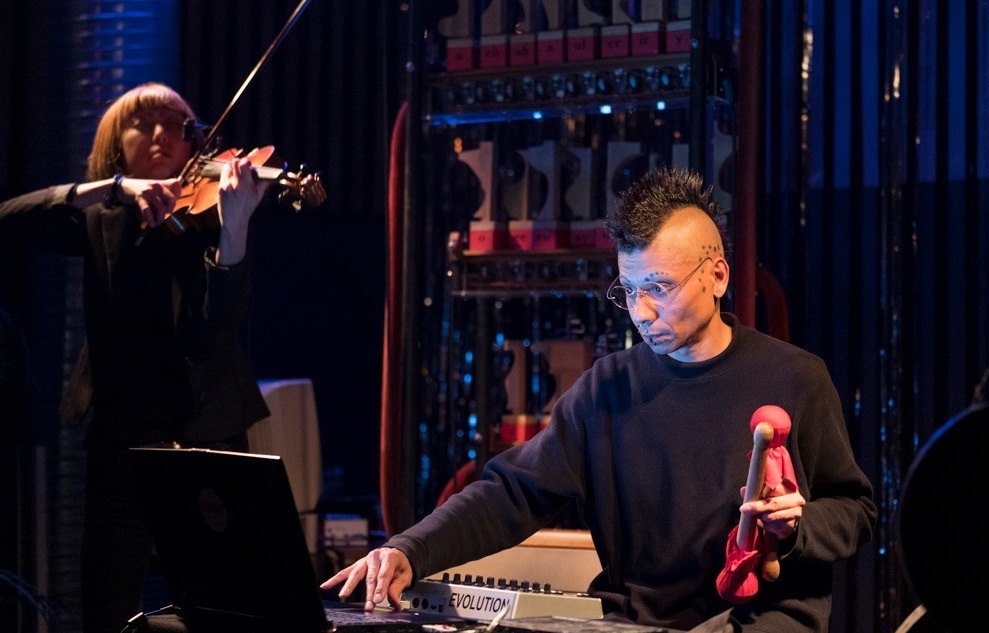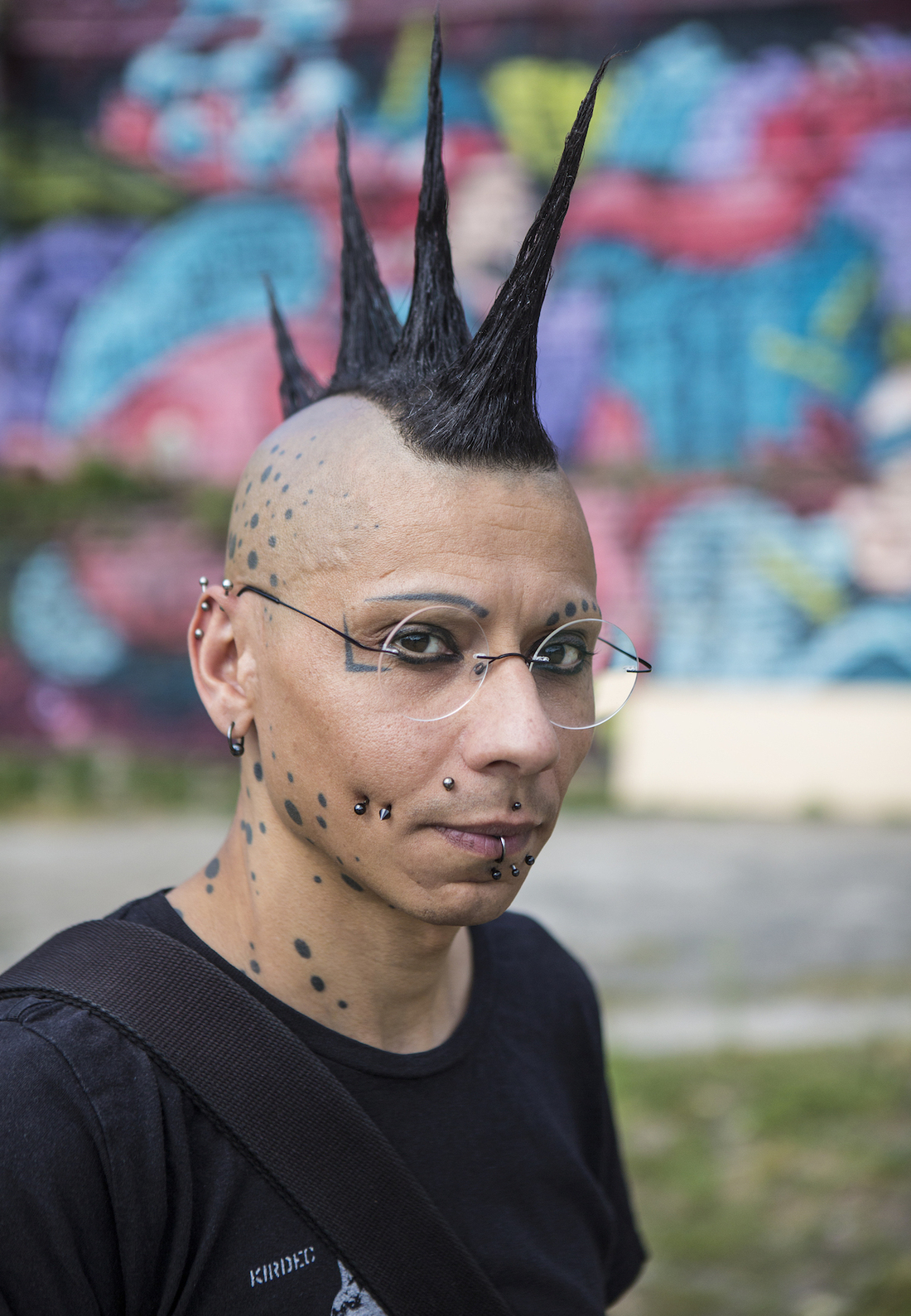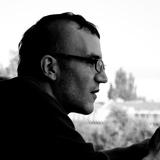You call yourself a "noise nomad". Why a nomad?
My life is more semi-nomadic. I often try to escape Europe when winter comes. I’m up to six months per year on tour and I try to go to as many countries and cities or places as much as I can in order to perform, collaborate, do some research, but also learn from other cultures and political situations. I often feel the need to travel, but when I travel too long I want to go back to Berlin.
How does it feel to live in Berlin these times, with all the gentrification and Covid-19 madness?
Berlin – and Germany as a whole – are way more free than most other European countries during this crisis. Of course, there are officially no concerts, exhibitions and theatre plays anymore; our revenues have collapsed. Gentrification has been there for a long time now; it was already a problem when I moved here ten years ago, it is a problem in many cities all over the world, yet, alternative music scenes are still thriving. Of course the alternative music scene (or scenes) in Berlin and many other places will revive. Did artistic and music scenes stop existing after the Spanish flu, the first and second World Wars, the Iraqi war or the Fukushima disaster? No. I presume some venues will close, some artists will move away, others will come, but nothing will disappear. Many people – and I suspect even most artists in Berlin are not full time artists – have a side job or get help from the job-centre, so it’s mostly those working full time that might be impacted, but even for them, this situation is not entirely a threat, as some little funding is available and in the worst case for those who are fine with it, the job centre can help too. I know not everyone agrees with me on this and I don’t want to minimise the negative impacts that this situation, the state and many politicians have triggered and the financial helps are only temporary solutions to a larger problem, but I can see that we are far from the oppression and struggle that artists, freelancers and people in general face in countries like France, South Africa or India, to name a few. Some say that the whole crisis reveals the precarious situation of many artists. I find it terrible that people are only seeing it now.
Activities will slowly be put in place, we can’t stay recluse forever, even if no vaccine or medicine was discovered, yet, to fight this virus, things would go back to a “new normal”. Maybe not a beautiful one, though we can only speculate now and the little we foresee is not all bright: more control, less freedom.
How does a typical day look for you?
It is a difficult question, because many of my days are not typical; I usually have no routine. Or very little. I wake up whenever, check my emails while listening to new music or listening to the noises of the city, take time to cook, eat and have a nice conversation with someone after waking up. Then I usually work on something: composition, recording, mastering, doing some research, writing, or reading books and articles, taking care of the label, writing projects, answering messages or spending/losing time on social networks, something I do much less than I used to, fortunately. At some point I might go out (or not), or just go out and not work before the evening or night. Gardening or recording sounds outside, taking pictures, cycling. I also might go to some concerts, several times per week, mostly free improvised music, noise, electroacoustic, contemporary classical, sound art and the likes, but I could end up at an electro night or post-punk concert too. Then back home, often to work till late night or early morning, depending on how one perceives it.
Then, because I tour a lot, many days don’t look like what I just described, some of them are pretty intense: waking up, grabbing some food, jumping on a train or bus to the next city, play, maybe explore the place, spend time with the organisers, the audience, then going to the next town or country, and so on. I like it too. Or I stay somewhere during a few days or weeks at best, to play and or give some workshops or talks and discover the place; whether it is a city or the countryside, it’s fine and I try to document a bit what I hear, see, and try to learn about the geography, biotope, politics, history of the place, customs.
Do you still have time for your own sonic experiments?
That is a good question. I have much less time than a decade ago, it’s a clear fact, sometimes frustrating. Don’t get me wrong, I love what I do, digging for specific music and artists, writing about music, taking care of the label, doing masterings, organising concerts and radio shows. But it takes so much space in my life now that there are activities that I almost cancelled such as watching films (except short ones and documentaries). I rarely watch more than five films per year and am not sure it will ever improve. Too bad as I like this medium but one cannot do everything.



